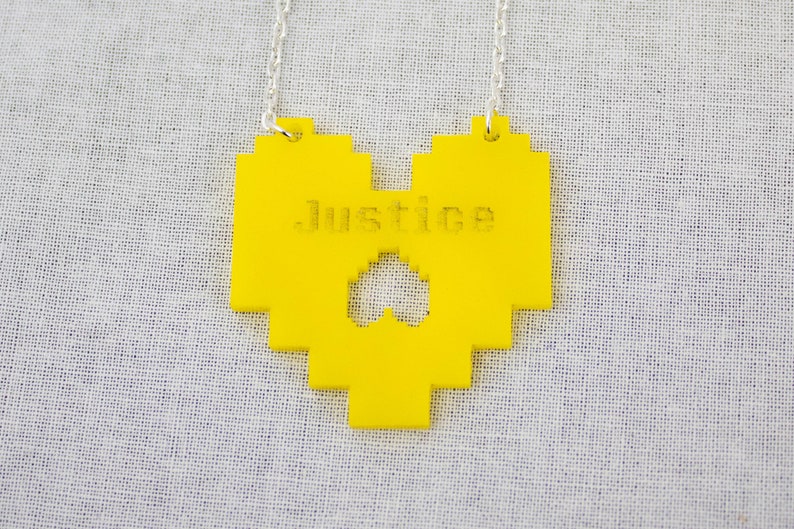A federal judge refuses to let an arbitrator determine jurisdiction in a controversy over whether the documentary disparaged the late pop singer.
The dispute over Leaving Neverland, HBO’s documentary will stay in open court for now. Following a hearing last week, a federal judge on Tuesday decided to reject a motion from the Michael Jackson Estate to immediately throw the case to an arbitrator.
The Michael Jackson Estate sued HBO shortly before Leaving Neverland premiered on March 3. The plaintiff alleges that the film constitutes a breach of a non-disparagement clause in a 27-year-old agreement, one that provided the pay network with rights to air a televised concert following the release of Jackson’s album, Dangerous. But the Michael Jackson Estate doesn’t actually wish to litigate in open court. Instead, Jackson’s heirs invoked an arbitration clause in that old deal and aimed to get a Los Angeles Superior Court judge to compel a showdown before the American Arbitration Association..
In response, HBO had the case removed from state to federal court in California. Characterizing the Michael Jackson Estate’s whole legal endeavor as a “transparent effort to bolster their publicity campaign against the documentary” by skirting legal precedent against posthumous defamation claims, HBO denied there was any enforceable agreement that hadn’t expired and actually covered Leaving Neverland. The AT&T subsidiary further argued that any over-reading of the 1992 contract would violate both its due process rights as well as the First Amendment.
From there, the parties fought a battle inside the larger legal war to resolve the question of where the dispute would be adjudicated. While the issue of forum may seem like a boring procedural issue, it has the potential of determining the entire case because if the arbitration provision is inoperable, so too likely are the confidentiality and non-disparagement clauses that provide the basis for claims by the Michael Jackson Estate.
HBO argued that under the Federal Arbitration Act, the federal judge had to decide the “gateway issues of validity and arbitrability.” Such analysis would turn, according to the network’s lawyers, on whether HBO clearly and unmistakably manifested an intent back in 1992 to have an arbitrator determine jurisdiction. HBO also brought up old rules (since amended) by the AAA with respect to the invocation of jurisdiction.
The Michael Jackson Estate framed such arguments as “classic tautology,” opining in a court brief that “it assumes the very conclusion that HBO wants an adjudicator to reach in this dispute, i.e., that there are no remaining obligations under the Agreement.”
U.S. District Court Judge George H. Wu doesn’t see clear and unmistakable evidence regarding arbitration. He’s both denied motions to remand the case back to state court as well as compel arbitration.
That represents an initial win for HBO.
That said, the judge is directing the parties to deliver supplemental briefing on the issue of arbitration. The next couple of months will have the two sides exploring the meaning of that 1992 deal. Wu then will come to a new decision about the prospect of arbitration. If HBO wins, it likely won’t have to even get into the issue of whether Leaving Neverland damaged Michael Jackson.


